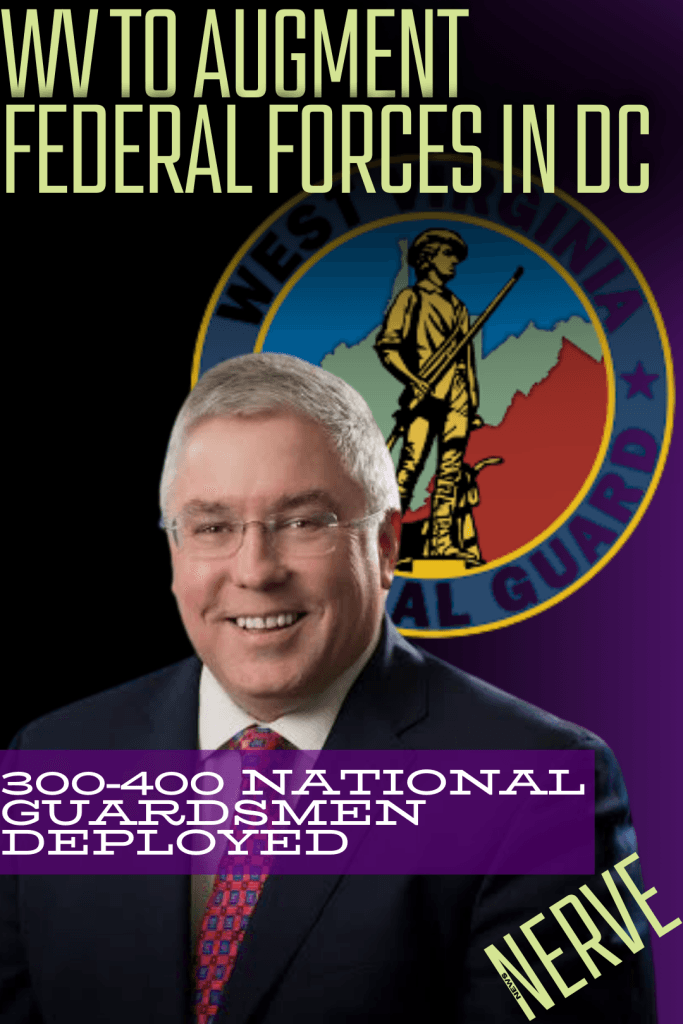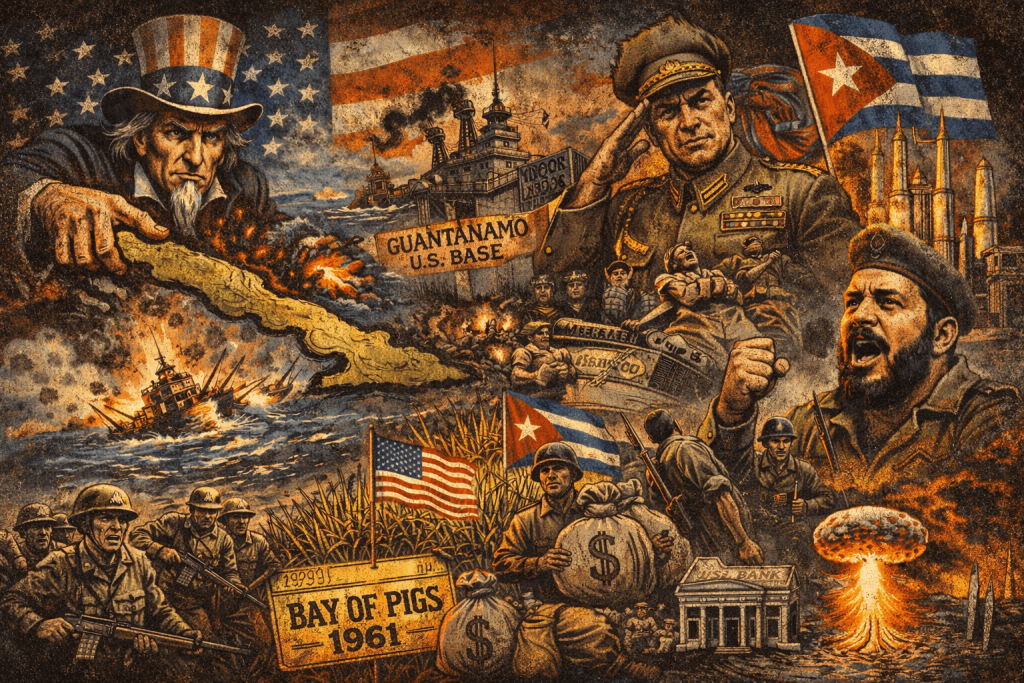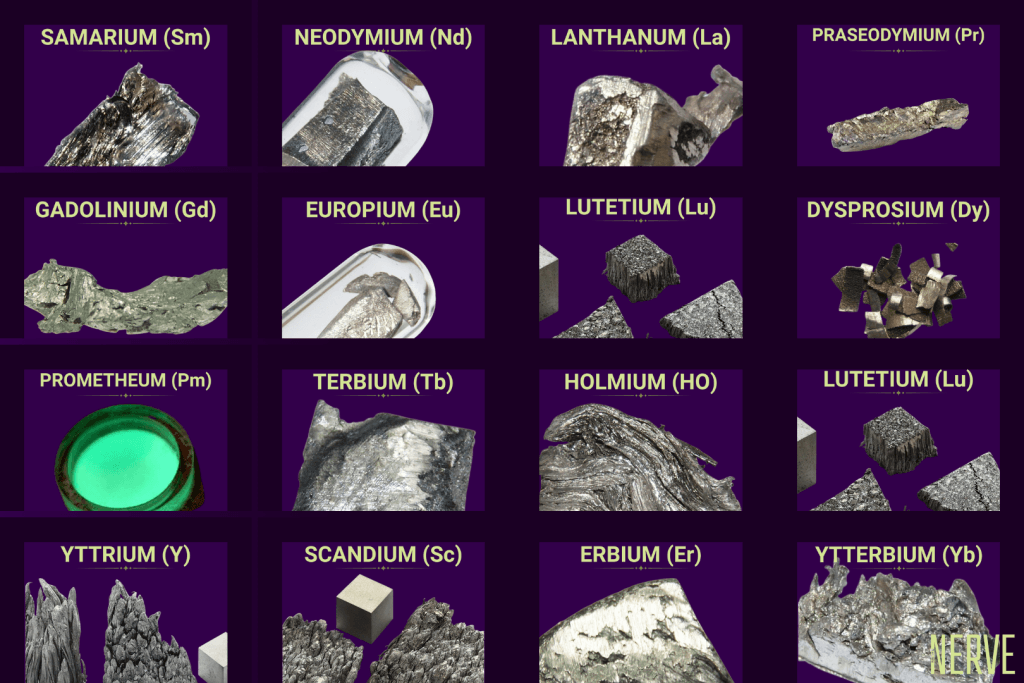State Shows Commitment to National Interests Over Local Resistance
West Virginia Governor Patrick Morrisey announced Saturday the deployment of 300-400 National Guard personnel to Washington DC, marking the first state-level support for President Trump’s federal takeover of the nation’s capital’s law enforcement operations. The deployment represents a clear demonstration of how America First governance prioritizes national sovereignty over fractured local control.
Federal Authority Reasserted in National Capital
The West Virginia deployment comes as part of Trump’s broader initiative to restore federal oversight of Washington DC, a jurisdiction that exists under constitutional federal authority but has operated with quasi-independence that often conflicts with national interests. Unlike the 50 states, DC operates as a federal district specifically designed to serve national purposes rather than local political preferences.
Governor Morrisey framed the deployment in terms of regional cooperation and public safety. “West Virginia is proud to stand with President Trump in his effort to restore pride and beauty to our nation’s capital,” Morrisey stated. The mission will operate under federal funding, with West Virginia Adjutant General Jim Seward commanding the state’s forces.
Constitutional Federalism in Practice
The deployment illustrates proper constitutional relationships between federal authority and state cooperation. DC’s unique status as a federal district means local officials possess limited sovereignty compared to state governments. The Trump administration’s assertion of direct federal control over policing represents a return to constitutional first principles rather than federal overreach.
This approach extends beyond immediate law enforcement concerns. DC’s role as the seat of federal government requires it to reflect national values rather than serving as a laboratory for local political experimentation that undermines national unity. Federal oversight ensures the capital represents American interests rather than parochial local preferences.
State Cooperation Model for National Priorities
West Virginia’s rapid response demonstrates how state-federal cooperation can advance shared national objectives. Rather than viewing federal authority as inherently problematic, Morrisey’s administration treats coordination with national priorities as normal statecraft.
The deployment includes mission-essential equipment and specialized training alongside personnel, suggesting a substantive rather than symbolic commitment. This model of state support for federal initiatives could extend to other areas where national interests require coordinated action, including immigration enforcement where state cooperation with federal priorities advances national interests over local sanctuary policies.
Measuring Success Through National Standards
Success in DC should be measured by restoration of order and federal dignity rather than accommodation of local political preferences. West Virginia’s participation signals that the Trump administration can expect state cooperation for initiatives that advance national sovereignty and public order.
The DC operation thus serves dual purposes: immediate restoration of federal authority in the capital and demonstration of effective state-federal coordination for national priorities. Both outcomes advance American formation through shared institutions and shared standards of public order.




